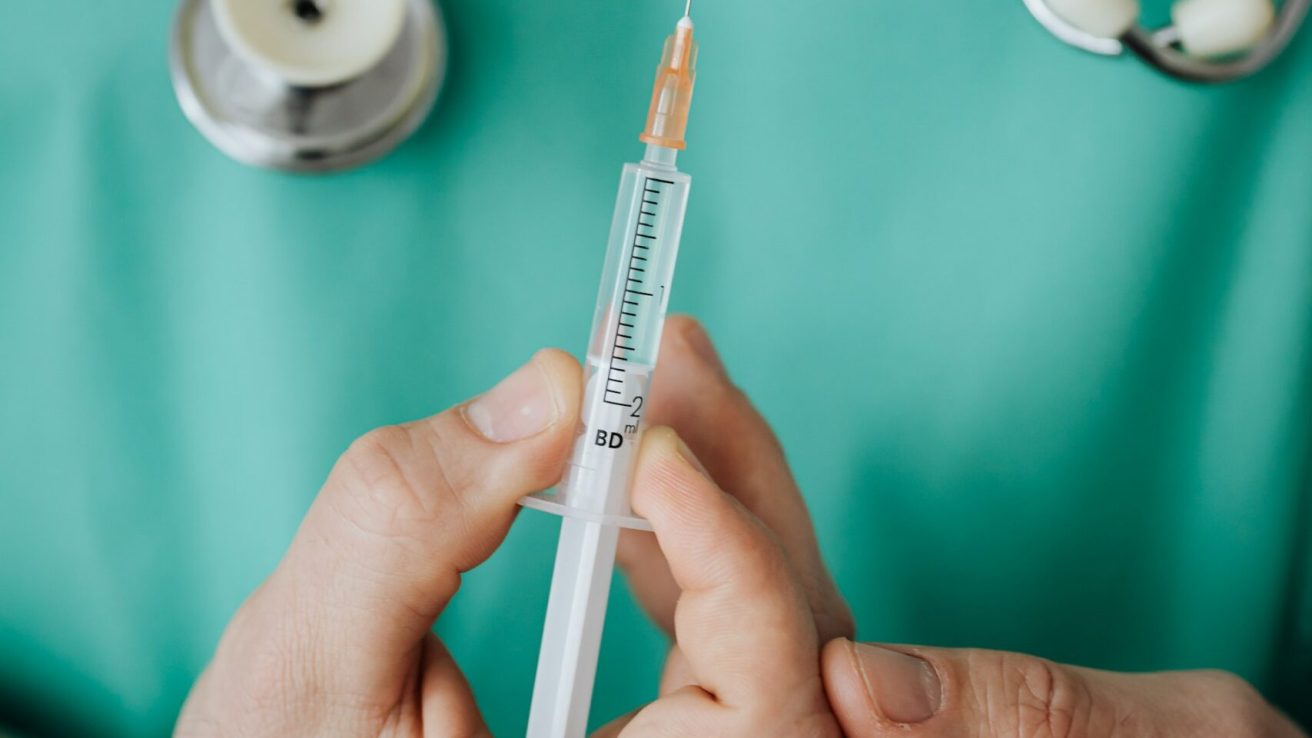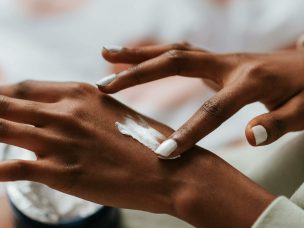Dupilumab therapy improves 16-week efficacy parameters in adults diagnosed with moderate-to-severe intensity AD, regardless of Japanese ethnicity.
Atopic dermatitis (AD) is a systemic inflammatory condition characterized by eczematous lesions with intense pruritus. Dupilumab is a human-derived monoclonal antibody that blocks the shared interleukin (IL)-4 and IL-13 receptors, thereby inhibiting their signaling. This randomized controlled trial, published in Clinical and Translational Science, analyzed the exposure–efficacy, pharmacokinetics, and pharmacodynamics of dupilumab in adults diagnosed with AD. The secondary objective of this study was to compare these parameters in the Japanese population versus the overall population.
The study participants diagnosed with moderate-to-severe AD were randomly divided into a placebo group and a dupilumab group. The latter received dupilumab 300 mg weekly (qw) or once per two weeks (q2w), 200 mg q2w, 300 mg every 4 weeks (q4w),100 mg q4w, or placebo qw for a total duration of 16 weeks.
The analysis included a total of 379 patients, out of which 58 were Japanese. The concentrations of functional dupilumab were increased in a dose-dependent fashion. The pharmacokinetics of dupilumab were comparable in non-Japanese and Japanese AD patients having similar body weights.
In general, the week 16 trough concentration improved efficacy parameters, such as the Investigator’s Global Assessment score 0/1 and a reduction of at least 75% from baseline in the Eczema Area and Severity Index (EASI), and the percentage change from baseline in the EASI and pruritus Numeric Rating Scale. These findings were most commonly observed in patients treated with 300 mg qw and 300 mg q2w dupilumab regimens.
In summary, this study demonstrated an increase in the efficacy parameters of dupilumab along with increased trough concentration at week 16. The study recommended further evaluation of dupilumab regimens in larger phase III clinical trials.
Reference
Kamal, M. A., Davis, J. D., Kovalenko, P., Srinivasan, K., Simpson, E. L., Nakahara, T., Sugaya, M., Igarashi, A., Ardeleanu, M., Xu, C., & Arima, K. (2022). Pharmacokinetics, pharmacodynamics, and exposure-efficacy of dupilumab in adults with atopic dermatitis. Clinical and Translational Science, 15(10), 2342-2354. https://doi.org/10.1111/cts.13363










